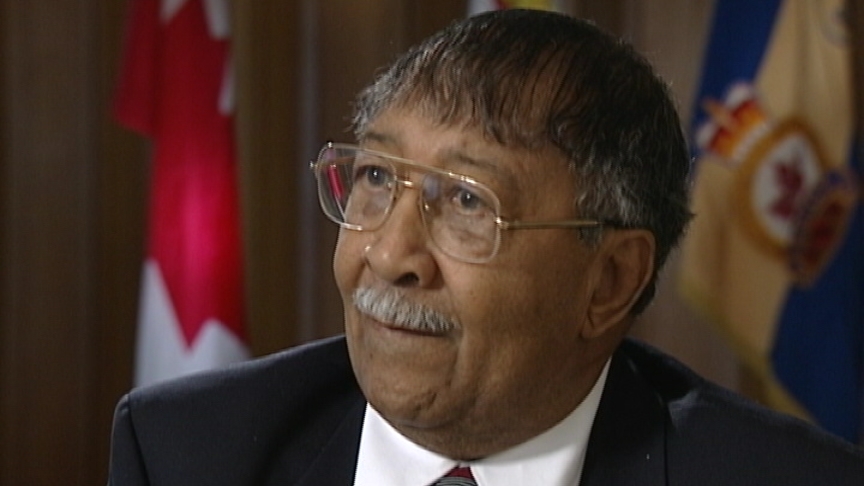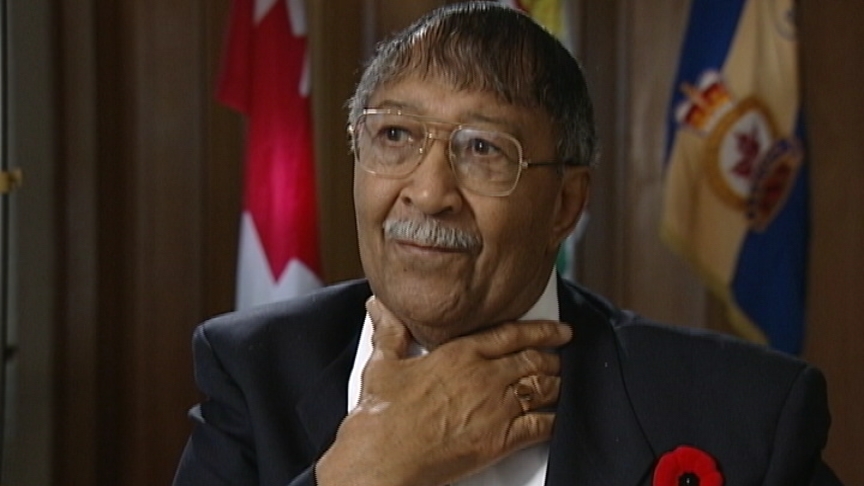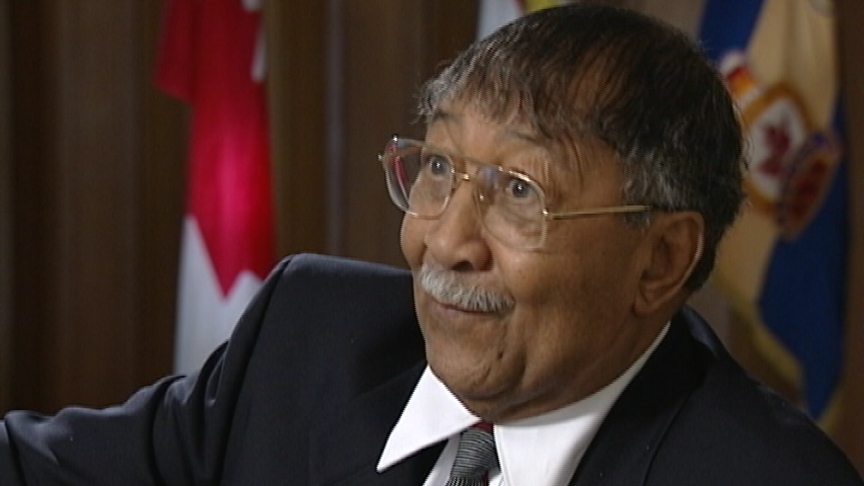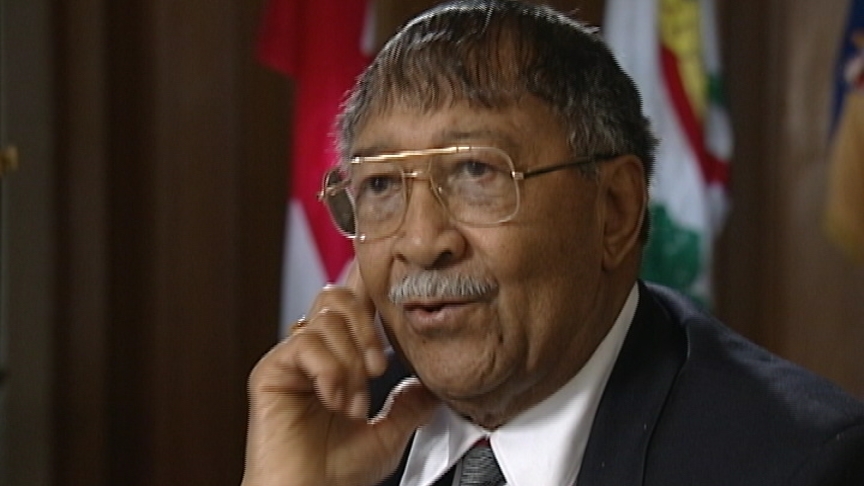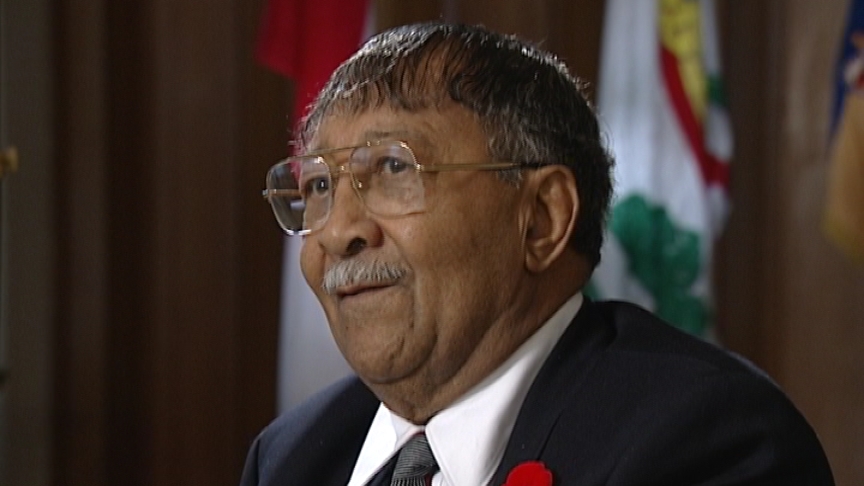I gave her my socks and my shoes
Heroes Remember
I gave her my socks and my shoes
Transcript
Description
Mr. Parsons describes living briefly with a Dutch family and a short-lived romance.
Ivan “Benny” Parsons
Ivan Benjamin Parsons was born in Lucasville, Halifax County, Nova Scotia, on February 26, 1922. He was the eldest of 10 children and worked on a local farm. His father was a sawyer at the local saw mill. After finishing basic training in Yarmouth, Nova Scotia, and Camp Borden, Ontario, Mr. Parsons shipped to England aboard the HMS Queen Elizabeth. After training as a truck driver, he took part in the D-Day invasion at Normandy. During his service in Europe, his truck crew delivered ordinance to the artillery. Mr. Parsons returned home early in 1946. After working in the retail business for a short time, he returned to the Army. Mr. Parsons later served with the Canadian Corps of Commissionaires for 20 years.
Meta Data
- Medium:
- Video
- Owner:
- Veterans Affairs Canada
- Duration:
- 3:13
- Person Interviewed:
- Ivan “Benny” Parsons
- War, Conflict or Mission:
- Second World War
- Battle/Campaign:
- D-Day
- Branch:
- Army
- Units/Ship:
- Artillery Corps
- Rank:
- Warrant Officer
- Occupation:
- Truck Driver
Related Videos
- Date modified:



